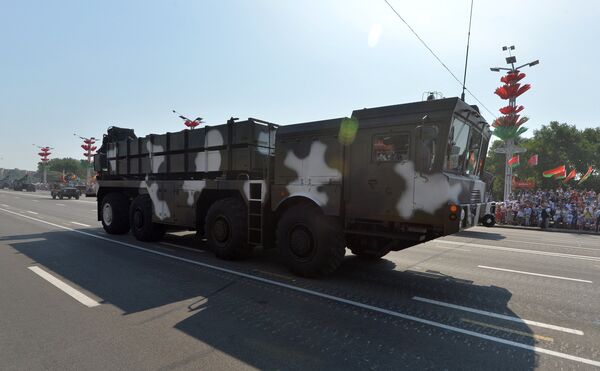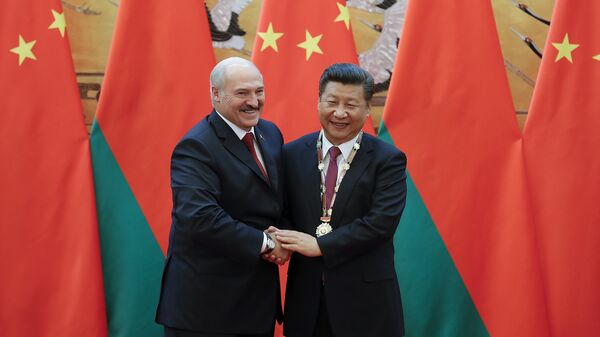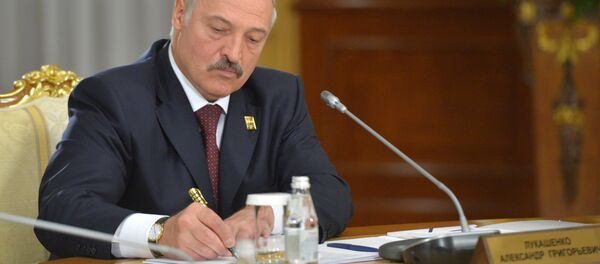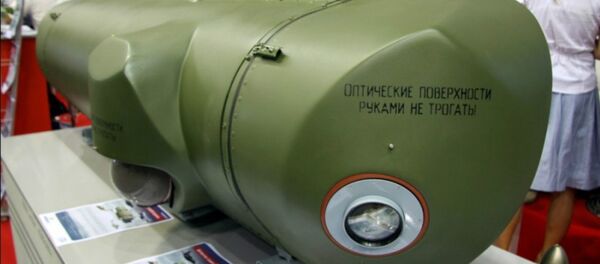The interview came after President Lukashenko's three-day official visit to Belarus, which wrapped up on September 30 and which saw the signing of a number of agreements, including those related to China's investments in the Belarusian economy.
Cashin, for his part, recalled that in the past few years, Belarus has repeatedly reduced its military technology exports to China.
According to him, "the relations between the two sides in this field were based on Belarus importing Chinese military technology and receiving technical assistance from China."

The largest such project is the production of the Belarusian multiple launch rocket system Polonez, which is based on the MZKT-7930 heavy high mobility chassis and equipped with Chinese 301 mm A200 missiles, manufactured by the Chinese concern CALT.
Additionally, Belarus received the Chinese military vehicles Mengshi and some other hardware, Kashin said.

He added that the focus of Belarusian exports to China was Minsk-based MZKT, a manufacturer of heavy off-road vehicles, especially military trucks designed for transporting missile systems.
"In this regard, further bilateral cooperation prospects in this field are hazy, as well as the prospects for the MZKT itself, given that the plant has long received a large part of its income from the supply of chassis to the Russian military equipment," Kashin said.
He recalled that reluctance to see Russian investments in MZKT and the plant's "excessive activity" in collaboration with the Chinese partners finally led to a situation in 2010 when Russia decided to deal with the import substitution measures.
It certainly was a tricky task given that such heavy trucks were never produced in Russia, Kashin said, praising Russia's efforts to create a new family of the Platforma-O vehicles, including multi-axis 12x12 and 16x16 wheel chassis as well as heavy truck tractor.
"Most likely, the Russian market for military equipment will be lost for the MZKT in the next few years, something that exacerbates even further what is already a complicated situation at the plant," Kashin said.
Similar problems have also persisted in other sectors of Belarus's military and industrial complex, where military electronics have significant export potential.
"The loss of confidence and the suspicion that any information handed to the Belarusian side will quickly emerge abroad gradually leads to the weakening of contacts in the military-technical sphere, which in turn leads to the decline of the Belarusian defense industry," Kashin pointed out.
In the past, President Lukashenko has repeatedly relied on China and tried to provoke Russian-Chinese differences over Belarus. This, however, did not bring him any tangible results, because as far as Chinese-Belarusian ties are concerned, Beijing has always avoided any political steps that might be negatively perceived by Russia, Kashin concluded.




